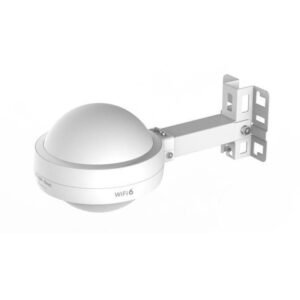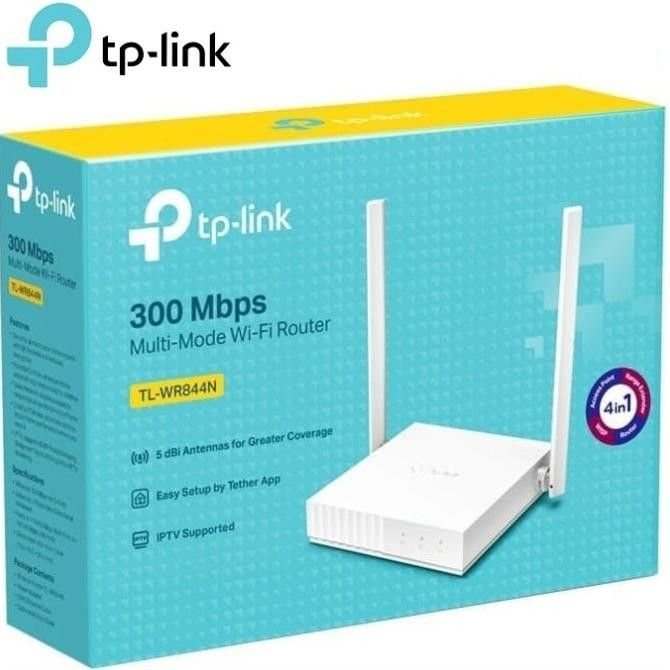Top Networking Equipment for Hotspots
Kicking Things Off: The Gear That Fuels Your Dream
Hey, have you ever sat with a friend in a Jinja café, sipping chai, and wondered what makes a hotspot business tick? It’s the equipment—the unsung heroes behind those impressive returns that can climb from 300% to 850% as you grow. In Uganda, where demand for Wi-Fi is everywhere—from market stalls to village schools—the right gear keeps the connection strong, letting you serve more folks and watch your venture flourish. But how does a simple router contribute to that? Let’s explore and see what resonates with your plans.
Why Equipment Is the Heart of It All
Think about this: What if your hotspot’s success hinged on gear that could handle Uganda’s unpredictable power or heavy rains? Equipment isn’t just tech—it’s what lets you start small and scale up, turning modest profits into something substantial. With brands like Mikrotik or TP-Link, you can build a reliable network that grows with your customer base, pushing returns higher as more users join. How might a sturdy setup in a busy Kampala spot change the game for you?
The Main Pieces: Building Blocks for Your Hotspot
Let’s break it down like we’re laying out tools on a workbench—what are the essentials? Routers act as the control center, managing traffic and bundles to keep things smooth. Switches connect multiple users, making sure everyone stays online without lag. Access points spread the signal wide, perfect for covering a market or schoolyard. And extenders? They’re the boosters that reach those hard-to-get spots, extending your reach. In Uganda’s diverse landscapes, from urban hubs to rural paths, how could mixing these pieces create a network that scales your returns from 300% to 850%?
Brands That Shine in Uganda
Now, the exciting part—which brands feel like they were made for our local scene? Mikrotik stands out for its robust routing, ideal for handling growing traffic as your business expands. TP-Link is the go-to for affordability, easy to find and set up, helping you start without a big splash. Ruijie brings that pro-level performance, great for when you’re ready to level up. D-Link keeps it simple and reliable, a favorite for beginners, while Tenda’s extenders are budget-savvy ways to widen your coverage. These options work well with Uganda’s ISPs, from fiber to radio waves. What brand might match the vibe of your spot, and how could it help push those returns higher?
Pairing Gear with Your Local Setup
How do you make sure your equipment fits right at home? In a place like Kampala with strong fiber, a Mikrotik router or D-Link access point can maximize speed. For rural areas with radio waves, TP-Link or Tenda extenders keep the signal steady without fancy frills. Satellite setups might call for Ruijie’s durability. The key is thinking about your location—urban bustle or village calm—and how the gear supports growth, turning 300% returns into 850% as you add more users. What ISP in your area might influence your pick?
Hands-On Tips: Making the Right Choice
Let’s get practical, like we’re tinkering in a workshop—what should you look for? Cost is big; start with something affordable like TP-Link to test the waters. Durability means picking gear that laughs at Uganda’s weather—waterproof and power-efficient to handle outages. Compatibility ensures it plays nice with your ISP, avoiding headaches. Source from local spots in Kampala or trusted sellers, and always test a small setup first. As your business grows, these choices can smooth the path to higher returns. What tip here feels like it could save you time?
Scaling Up: Gear That Grows with You
As your hotspot takes off, how does the equipment keep pace? Begin with a basic router for a small crowd, then add switches for more connections as users flock in. Upgrade to Ruijie or Mikrotik when things get busy, extending your reach with Tenda boosters. In Uganda’s market, this scalability means starting modest and watching returns climb from 300% to 850%, all while serving more communities. What growth moment might prompt you to add that extra access point?

Insightful Comment from the Author
I remember when a buddy in Jinja swapped his old router for a Mikrotik, and his hotspot went from okay to unstoppable—it was like unlocking a new level. My advice? Choose gear that feels right for your story; it’s the foundation for scaling those returns without the stress.
Gilbert. M. Rukundo
So, what’s lingering with you about hotspot equipment? It’s the spark that can ignite returns from 300% to 850%, building a business that’s as resilient as Uganda itself. Maybe head to a local shop this week and feel out a TP-Link or D-Link. The road’s open—what’s your next adventure in this?
